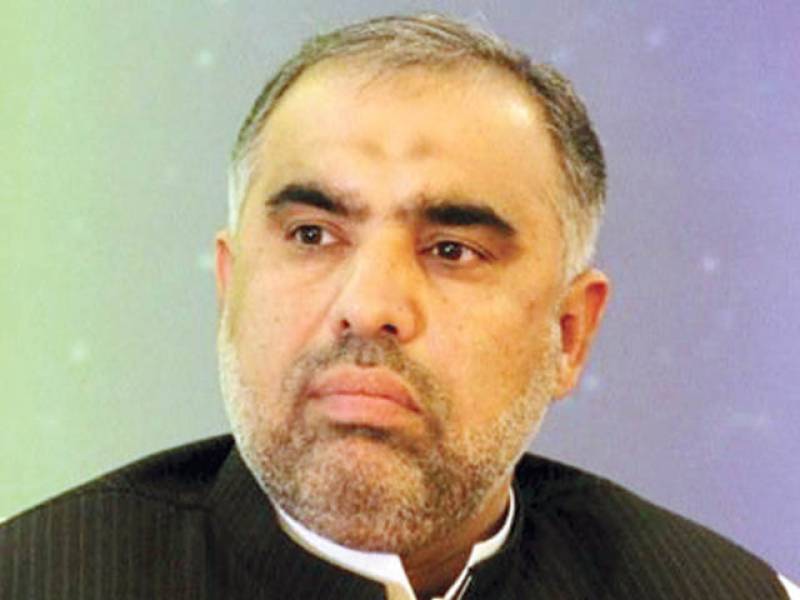مضمون کا ماخذ : raspadinha آن لائن
متعلقہ مضامین
-
Hajj registration deadline extended amid flood crisis
-
Sindh announces ‘pink EV motorcycles’ for female students, working women
-
UNSC slams terror attack on Jaffar Express
-
لائیو ڈیلر آفیشل تفریحی لنک: آن لائن کھیلوں میں نئے دور کا آغاز
-
جنگل فن تفریحی سرکاری ویب سائٹ پر خوش آمدید
-
MG الیکٹرانک انٹرٹینمنٹ - قابل اعتماد آن لائن گیمنگ پلیٹ فارم
-
ECP to hear reference against PM Nawazs son-in-law today
-
Imran’s sit-ins politics disappoints followers
-
Free medical camp for bus, truck drivers
-
بک آف دی ڈیڈ آفیشل گیم ڈاؤن لوڈ کی مکمل گائیڈ
-
گورنر آن لائن آفیشل گیم پلیٹ فارم ڈاؤن لوڈ کرنے کا مکمل طریقہ
-
ٹیبل گیمز آفیشل گیم پلیٹ فارم ڈاؤن لوڈ کی مکمل گائیڈ











